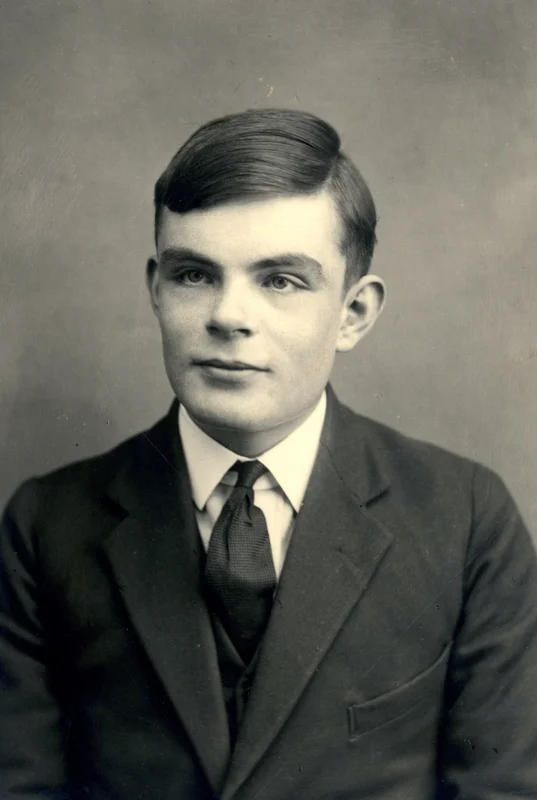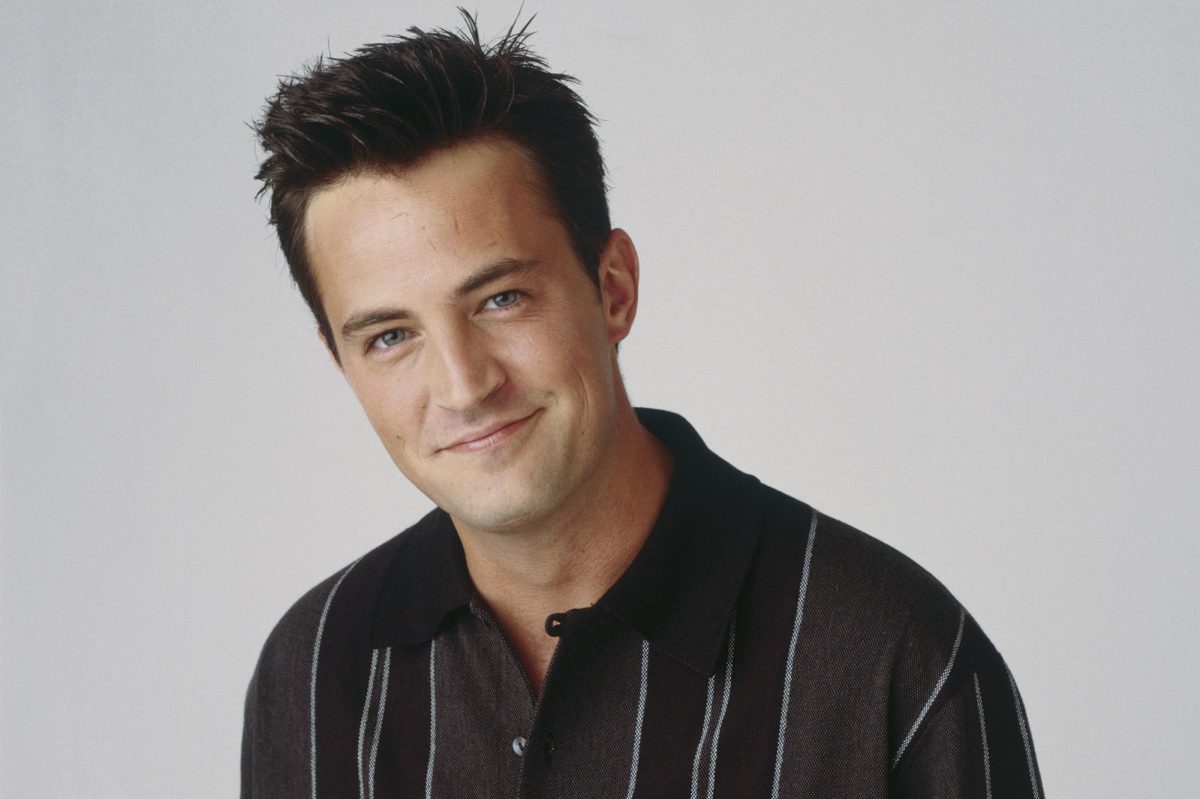Due to his contributions that helped the Allied Powers win the Second World War, Alan Turing should have been a war hero. Instead, he died as a criminal because of his homosexuality.
Alan Turing was known for his inventions such as the Turing Machine, Bombe, and Cryptanalysis of the Enigma. He was also the author and creator of Turing’s Proof, Turing Test, Unorganised Machine, Turing Pattern, Turing Reduction, and “The Chemical Basis of Morphogenesis.”
The year was 1939, and the Second World War between the Axis Powers and the Allied Powers had just been born. Alan Turing was only twenty-seven years old when he took up a full-time job in Bletchley Park in Buckinghamshire where he and a group of people called the Government Code and Cypher School (GC&CS) which included himself, Gordon Welchman, Hugh Alexander, Bill Tuttem and Stuart Milner-Barry; worked on top-secret work, that involved deciphering military codes used by the Axis Powers.
According to the Imperial War Museums, the focus of the team was to crack the ‘Enigma’ code, a type of machine that was used by German forces to send private secured messages. The Enigma codes were said to be impossible to decipher because of its daily change of cypher systems, not until Alan Turing and his colleagues proved otherwise.
The Bombe, also known as the Turing-Welchman Bombe is one of many great creations of Alan Turing that he developed in 1939 along with Gordon Welchman, his fellow code-breaker. The Bombe specifically is a machine that helped Alan Turing and his colleagues decipher the Enigma code during World War II. It assisted the Allied Powers in winning the Battle of the Atlantic by providing them with intel about Germany’s naval plans.
The National Museum of Computing explains that the function of the machine was to “…discover the daily key” such as the order of its wheels, its settings, and plugboard configuration. Speed was essential to this machine as it only has 24 hours to decipher 3-5,000 enigma codes intercepted before it resets again the next day.
As stated by Britannica and the Imperial War Museums, despite his underground heroism and the brilliant inventor and mathematician that he is, Alan Turing was arrested in 1952 for “gross indecency” or as we call it today: Homosexuality as it was illegal in Great Britain until it was overturned in 2013. However, to avoid a prison sentence, Alan Turing accepted a 12-month sentence of hormone therapy.
Two years after his conviction, on June 7, 1954, just 16 days from his 42nd birthday, Alan Turing was found dead in his bed and it was later found that it was due to cyanide poisoning. The final verdict of the inquest was “suicide” however there was no evidence that Alan Turing intended to take his own life or that he was mentally disturbed to do so. There was also speculation that he could’ve died because of an accidental exposure to the toxic chemical from projects he was working on or that he was murdered by Britain’s secret services since he knew about top secret information. Some thought it was due to the after effects of the medicine he took for his hormone therapy.
In 2009, the British Government apologized for his treatment and a few years later in 2013, Queen Elizabeth II granted him a royal pardon and overturned the law that he was found guilty of back in 1952.
In 2014, “The Imitation Game,” a film directed by Morten Tyldum tells the story of Alan Turing based on his biography “Alan Turing: The Enigma,” written by Andrew Hodges. Alan Turing was played by English actor Benedict Cumberbatch, who was also known for his roles as Stephen Hawking (Hawking, 2004), Stephen Strange (Doctor Strange), and Sherlock Holmes (Sherlock Holmes, 2010).
“I think, first of all, finding out about Alan Turing and how much we owe him… How much that prejudice against anybody, be it their race, religion, sexuality is one of the biggest problems we have and that also happened to Alan Turing and that we should celebrate people who are different from us, not fear them,” said Tyldum when asked about what he hopes audiences would feel after watching the film.
Alan Turing’s contributions to the development of technology as well as his private efforts during World War II were not recognized until years and decades after his death. Today, he is known as the father of modern computer science.
“I think the case of Alan Turing shows how homophobia and anti-gay sentiment have been present in history for ages. It shows the necessity to acknowledge and share these stories to help prevent anti-gay sentiments today. No matter what the cause of his death, it shows how the way he was treated still impacted his life, his work, and his death,” states Teresa Obedzinski, a Naugatuck High School history teacher.










